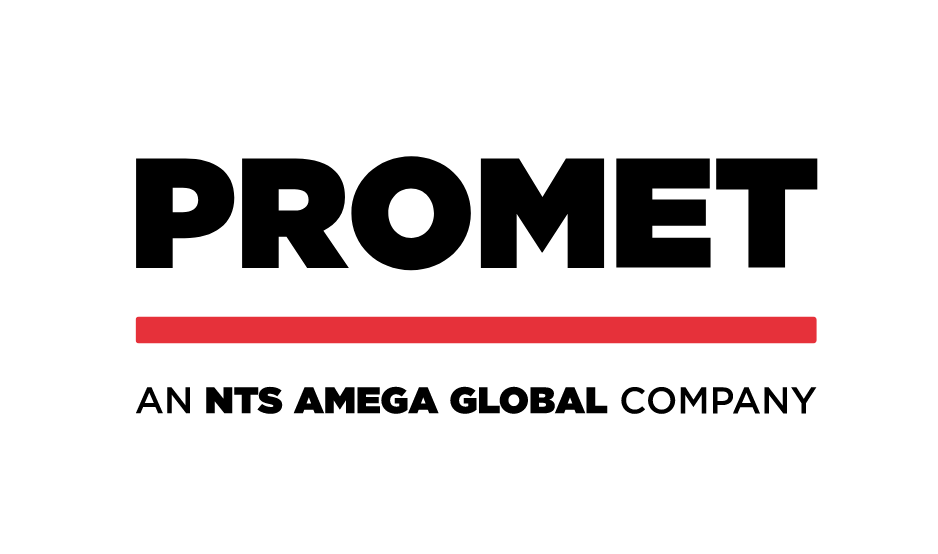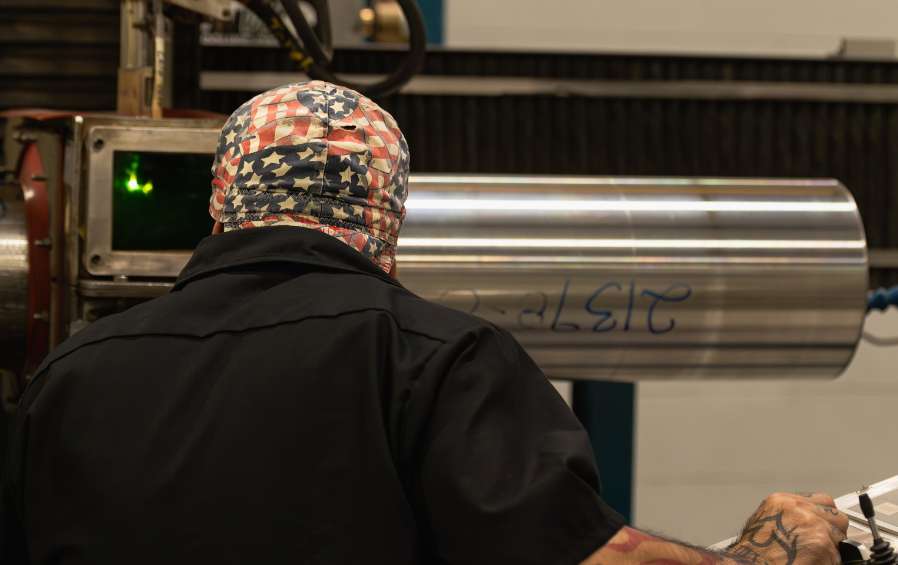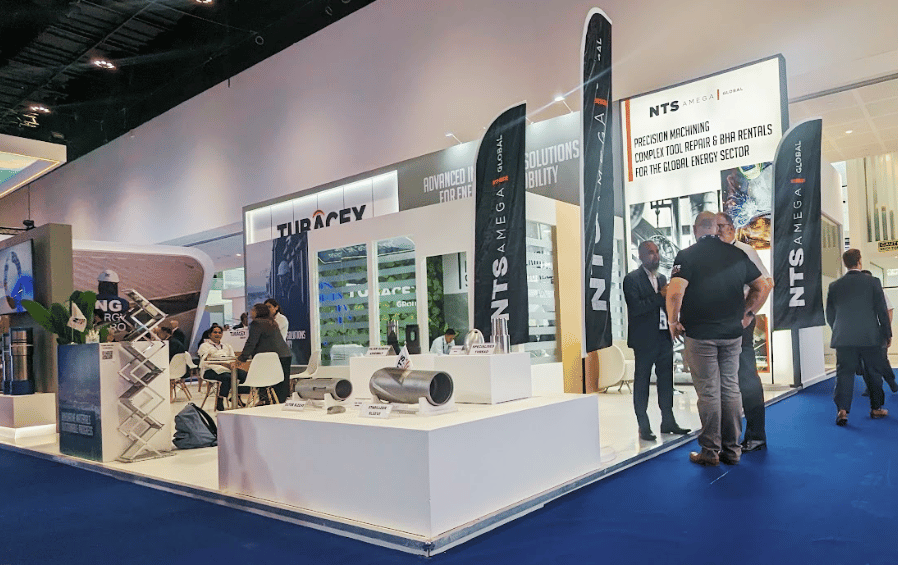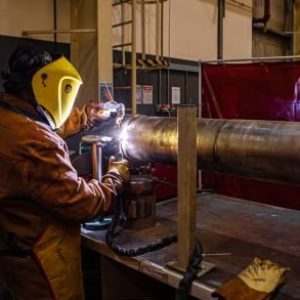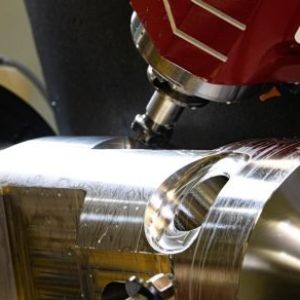Understanding the difference between mag and non-mag metals is vital In the oil and gas industry. Selecting the right metals for various applications is crucial to ensure the safety and reliability of equipment and structures. Among the different types of metals utilized, non-magnetic (non-mag) and magnetic (mag) metals play significant roles. This blog post aims to shed light on the distinction between non-mag and mag metals, their characteristics, applications, as well as the pros and cons of using each type in the oil and gas sector.
What are Non-Magnetic Metals?
Materials that do not possess magnetic properties and are not attracted to magnets are referred to as “non-magnetic metals”. These metals are highly valued for their excellent corrosion resistance and electrical conductivity, making them suitable for various oil and gas applications. Non-mag metals include:
- Carbon Steel: A widely utilized non-mag metal in the oil and gas industry due to its affordability, strength, and versatility. It is used in pipelines, storage tanks, structural components, and wellheads. While carbon steel is susceptible to corrosion, this can reduced through protective coatings or inhibitors, for instance.
- Stainless Steel: Renowned for its superior corrosion resistance, durability, and aesthetic appeal. Offshore platforms commonly use stainless steel to deal with harsh environments, piping systems, and valves. Stainless steel alloys, such as 316 and 304, are preferred for their resistance to corrosion and high-temperature applications.
- Duplex Stainless Steel: Combines the desirable characteristics of both austenitic and ferritic stainless steels. It exhibits excellent strength, resistance to corrosion and stress corrosion cracking, making it suitable for subsea pipelines, heat exchangers, and high-pressure equipment.
What are Magnetic Metals?
unsurprisingly, magnetic metals feature magnetic properties and are therefore attracted to magnets. In certain oil and gas applications, these magnetic properties are advantageous. Commonly used mag metals are as follows:
- Carbon Steel (Magnetic): Regular carbon steel, unlike stainless steel, possesses magnetic properties. Magnetic carbon steel finds applications in drilling equipment, downhole tools, and magnetic flow meters. It is cost-effective and readily available, making it a preferred choice for certain tools.
- Nickel-Based Alloys: Nickel-based alloys, including Inconel and Monel, are mag metals renowned for their exceptional resistance to extreme temperatures, corrosion, and mechanical stress. This metal is utilized in valves, heat exchangers, and components exposed to corrosive environments.
Pros and Cons of Mag and Non-Mag Metals
Choosing between metal types depends on specific requirements and considerations. You should consider the many pros and cons for each use case.
Non-Mag Metals:
- Pros:
- Excellent corrosion resistance, ideal for harsh environments.
- High strength and durability.
- Good electrical conductivity.
- Availability in various grades and forms.
- Cons:
- When compared to their magnetic counterparts, non-mag metals may be more expensive
- Certain non-mag metals require additional protective coatings or inhibitors to prevent corrosion.
Mag Metals:
- Pros:
- Magnetic properties beneficial for certain applications like magnetic flow meters.
- Cost-effective and readily available.
- Suitable for applications where magnetic properties are desirable.
- Cons:
- Magnetic metals may exhibit lower corrosion resistance compared to non-mag metals.
- Limited availability of certain alloys or grades.
In conclusion, non-magnetic metals, such as carbon steel, stainless steel, and duplex stainless steel, offer excellent corrosion resistance and durability. On the other hand, magnetic metals, including certain carbon steels and nickel-based. Understanding the difference between metals is crucial for selecting the appropriate materials in the oil and gas industry. At NTS Amega Global we can advise on various metal types. Read more about our manufacturing services here.


